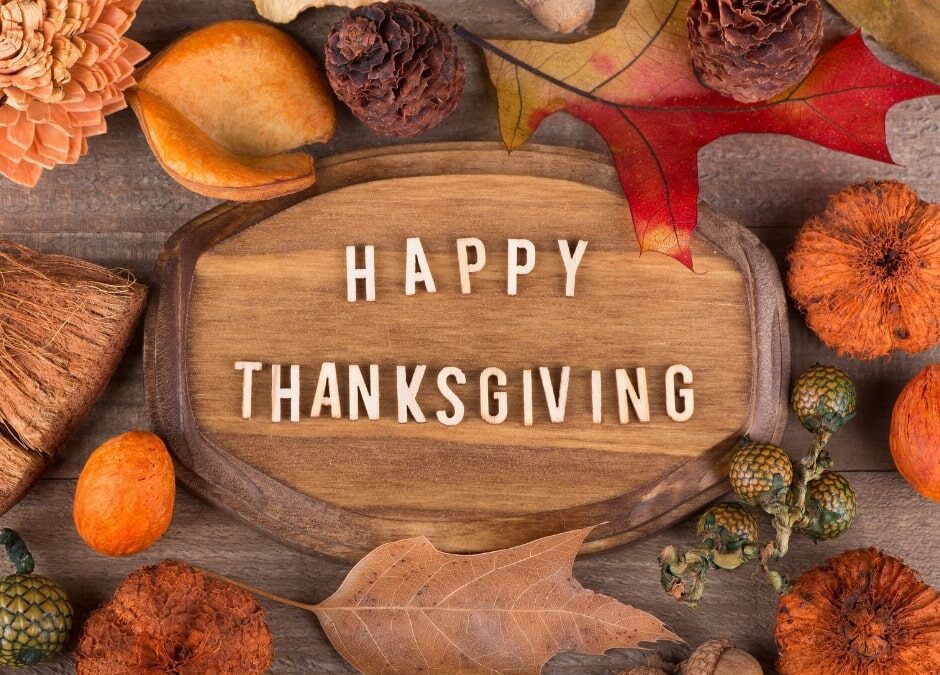Thanksgiving is a time for family, friends, and delicious feasts. However, the joy and festivities of the holiday can sometimes overwhelm our furry companions, leading to anxiety and overstimulation in pets. But don’t worry, friend, we are here to share some insights and helpful tips to ensure a stress-free Thanksgiving for your pets and discuss the foods to avoid feeding them during the Thanksgiving meal.
Understanding Pet Anxiety and Overstimulation
Thanksgiving can be an exciting yet stressful time for pets. The influx of guests, unusual noises, and tempting smells can cause anxiety and overstimulation in your four-legged friends. Here are some tips to help them stay calm:
- Create a Safe Space: Designate a quiet, comfortable area where your pet can retreat to if they feel overwhelmed. Provide their favorite toys, a cozy bed, and water to keep them relaxed.
- Exercise and Play: Before guests arrive, spend some quality time with your pet. A long walk or play session can help burn off excess energy and reduce anxiety.
- Behavioral Training: If your pet has a history of anxiety or overstimulation, consider using training techniques to help them stay calm. Positive reinforcement and desensitization can be effective methods.
- Avoid Overfeeding: Although it’s tempting to share a special Thanksgiving treat with your pet, be mindful of the foods you give them. Overeating can lead to digestive issues and discomfort.
Foods to Avoid Giving Your Pets
As tempting as it may be to share the Thanksgiving feast with your pets, it’s essential to be aware of the foods that can be harmful to them. Here’s a list of foods to avoid giving to your pets:
- Turkey Bones: While cooked turkey meat is generally safe in small quantities, avoid giving your pet turkey bones. They can splinter and pose a choking hazard or cause internal injuries.
- Onions and Garlic: Both of these ingredients, often found in stuffing and gravies, can be toxic to pets, leading to gastrointestinal issues and potentially more severe health problems.
- Grapes and Raisins: These seemingly innocent snacks can lead to kidney failure in dogs, so be sure to keep them out of reach.
- Chocolate and Sweets: Chocolate, especially dark chocolate, contains theobromine, which is toxic to dogs and cats. Sweets, with their high sugar content, can lead to obesity and dental problems.
- Nuts: While some nuts are safe for pets, macadamia nuts, in particular, can be toxic and cause muscle weakness, tremors, and more.
- Alcohol: Alcoholic beverages can have a much more potent and dangerous effect on pets due to their smaller size. Keep your pet away from all alcoholic drinks.
- Fatty Foods: High-fat foods like butter and gravy can lead to pancreatitis in pets, causing severe abdominal pain and digestive issues.
- Bones: Many holiday dishes contain small, sharp bones that can be hazardous if swallowed, so it’s best to avoid giving your pets any leftovers that may contain bone fragments.
- Artificial Sweeteners: Products containing xylitol, an artificial sweetener, can be lethal to pets. Ensure that candies and gum are kept out of their reach.
Thanksgiving is a time for gratitude, togetherness, and delicious meals. While you’re enjoying your holiday feast, don’t forget about the well-being of your pets. Ensure they remain calm by creating a safe space and offering plenty of exercise and attention. Most importantly, be mindful of the foods you share with them to prevent any harmful consequences. By following these tips, you can make Thanksgiving enjoyable for both your family and your beloved furry companions.

